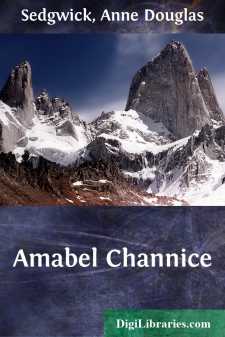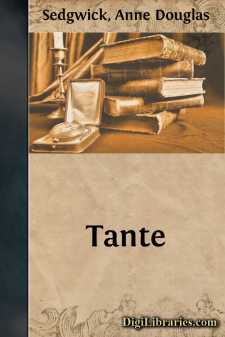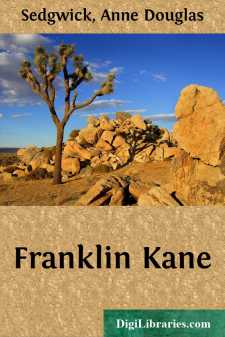Categories
- Antiques & Collectibles 13
- Architecture 36
- Art 48
- Bibles 22
- Biography & Autobiography 813
- Body, Mind & Spirit 142
- Business & Economics 28
- Children's Books 15
- Children's Fiction 12
- Computers 4
- Cooking 94
- Crafts & Hobbies 4
- Drama 346
- Education 46
- Family & Relationships 57
- Fiction 11828
- Games 19
- Gardening 17
- Health & Fitness 34
- History 1377
- House & Home 1
- Humor 147
- Juvenile Fiction 1873
- Juvenile Nonfiction 202
- Language Arts & Disciplines 88
- Law 16
- Literary Collections 686
- Literary Criticism 179
- Mathematics 13
- Medical 41
- Music 40
- Nature 179
- Non-Classifiable 1768
- Performing Arts 7
- Periodicals 1453
- Philosophy 64
- Photography 2
- Poetry 896
- Political Science 203
- Psychology 42
- Reference 154
- Religion 513
- Science 126
- Self-Help 84
- Social Science 81
- Sports & Recreation 34
- Study Aids 3
- Technology & Engineering 59
- Transportation 23
- Travel 463
- True Crime 29
The Nest, The White Pagoda, The Suicide, A Forsaken Temple, Miss Jones and The Masterpiece
Description:
Excerpt
He seemed to have had no time for thinking before he sank into a corner of the railway carriage and noted, with a satisfaction under the circumstances perhaps trivial, that he would have it to himself for the swift hour down to the country. Satisfactions of any sort seemed inappropriate, an appanage that he should have left behind him for ever on stepping from the great specialist's door in Wimpole Street two hours ago. When a man has but a month—at most two months—to live, small hopes and fears should drop from him: he should be stripped, as it were, for the last solitary wrestle in the arena of death.
But the drive, from the doctor's to the city and from there to Paddington, had seemed unusually full of life's solicitations. The soft, strained eyes of an over-laden horse, appealing in patience from the shade of dusty blinkers; the dismal degradation of a music-hall poster—a funny man with reddened nose and drunken hat, as appealing in his slavery as the horse; the vaporous blue-green silhouettes of the Park on a silvery sky;—he had found himself responding to these with pity, repugnance and pleasure as normally as if they meant for him now what they always would have meant. That such impressions were so soon to cease must change all their meaning,—at least, so one would have supposed; he began to think of that and to wonder a little over the apparent stoicism of those intervening hours; but, while the mood had lasted, the fact that he had come to the end of things, that there was a pit dug across his path, had done hardly more than skim on the outskirts of his alert yet calm receptivity. He seemed never to have noticed more, never to have been more conscious of the outer world and so little conscious of himself.
Now, in the train, the outer world, wraith-like in a sudden summer shower, became the background as it sped on either side, and thoughts were in the foreground, thoughts of himself as doomed, and of the life that he had loved and worked in, as measured into one shallow cupful at his lips. Even yet it was almost absurd, the difficulty he found in realising it. The doomed figure detached itself, became that of a piteous, a curious alien, whom one watched respectfully and from a distance. From a safe shore he observed the tossing of the rapidly sinking skiff with its helpless occupant. It required a great pull, push, and effort of his whole being, like that of awakening from a half-dream, in order to see, in order to say to himself, really believing it, that he was the man. Wonder, rather than dread or sorrow, was still the paramount feeling, though, oppressively, as if he picked his steps about the verge of an echoing cavern, turning away his eyes, there lurked behind all that he felt the sense of sudden emptiness and dark.
It was wonderful, immensely absorbing and interesting, this idea of being himself doomed. Self-conscious, observant, sensitive as he was, he still thought more than felt. It was at last credible and indubitable that he was the man, and he was asking himself how he would take it; he was asking himself how he would bear it. He was amused to observe that the pathetic old human vanity, by no means stunned, was pushing its head above the tossing surface in order to assure him again and again that he would bear it very well. It should be a graceful and gallant exit. If there were to be dark moments, moments when the cavern sucked him in and had him, if he was to know horror and despair, no one else, at all events, should know that he knew them; no one else should share his suffering. Up to the edge of extinction he would keep silence and a stoic cheerfulness....





